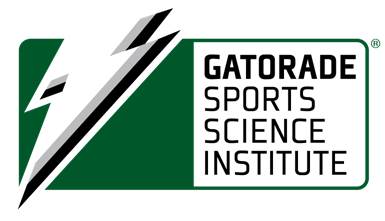Khalil Lee, PhD, CSCS
Proper hydration habits not only help an athlete stay safe when competing in heat and humidity, but can also promote top performance. Since fluid and electrolyte losses are highly individual, a personalized hydration plan can help an athlete ensure they are meeting their needs. I will provide an overview of the science behind hydration, and translate the science into practice with an emphasis on personalization.
What you will learn in this course:
• Physiological functions supported by hydration
• Effects of dehydration on performance
• Effects of electrolyte replacement on hydration
• How to determine specific fluid needs for your athletes


